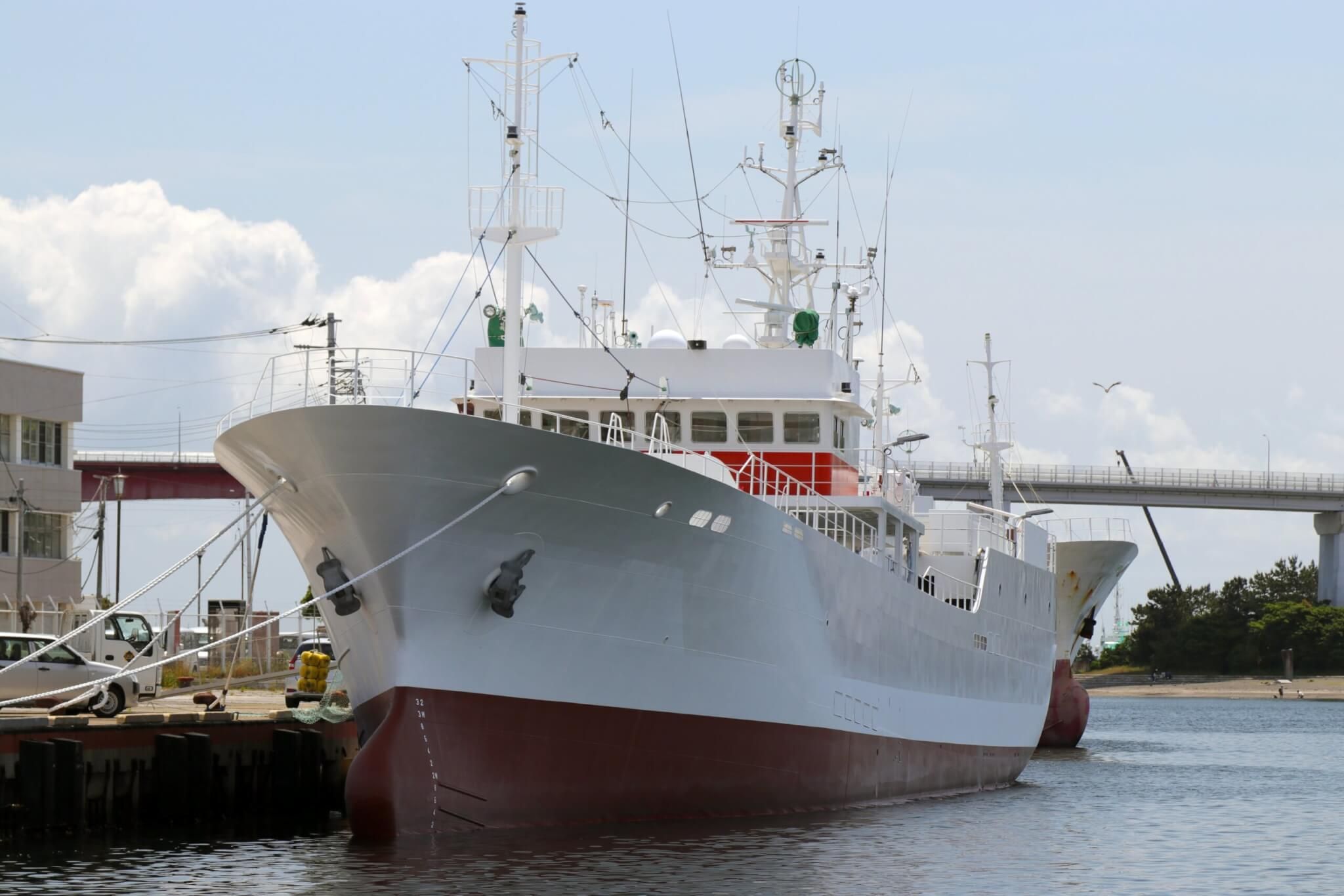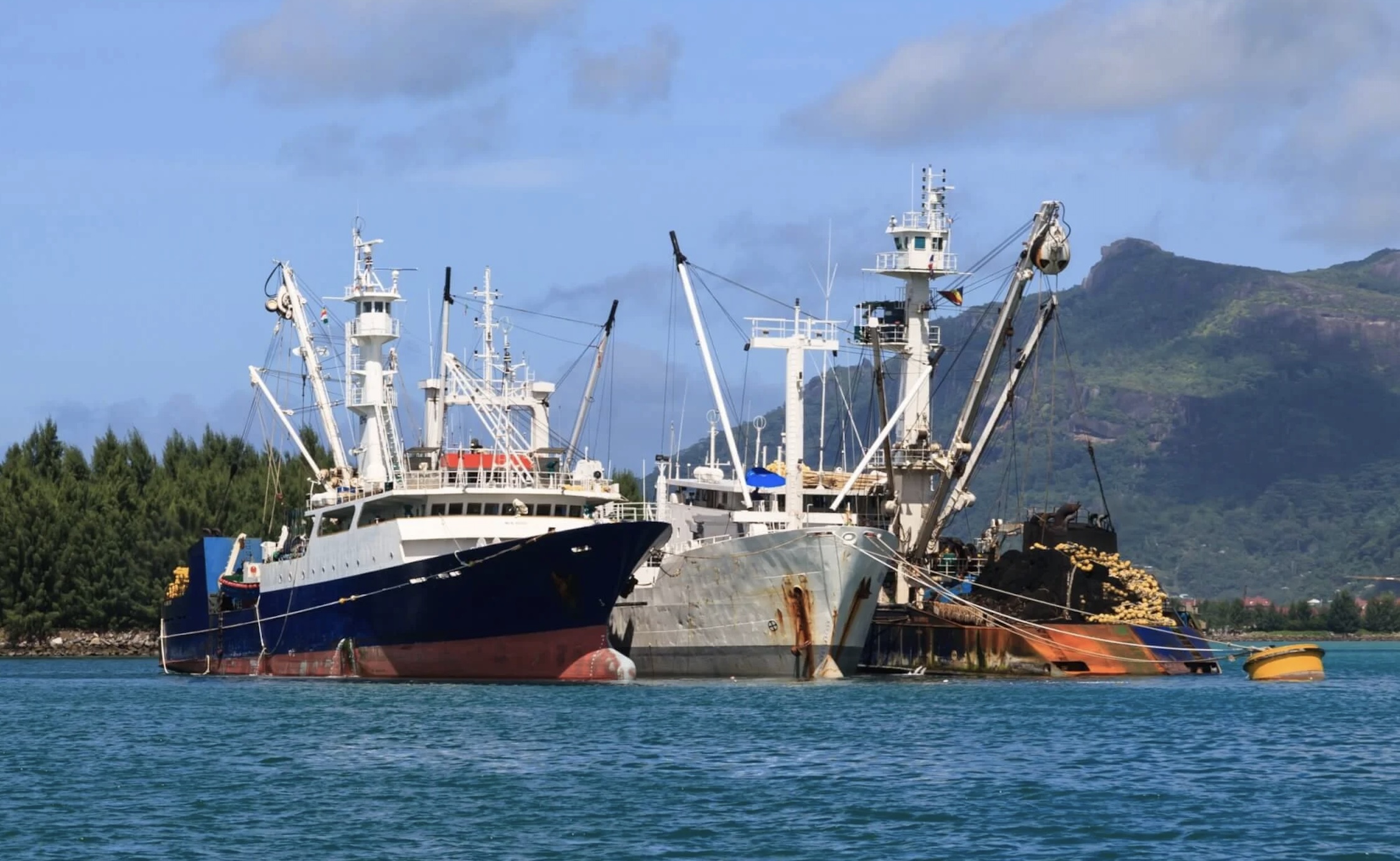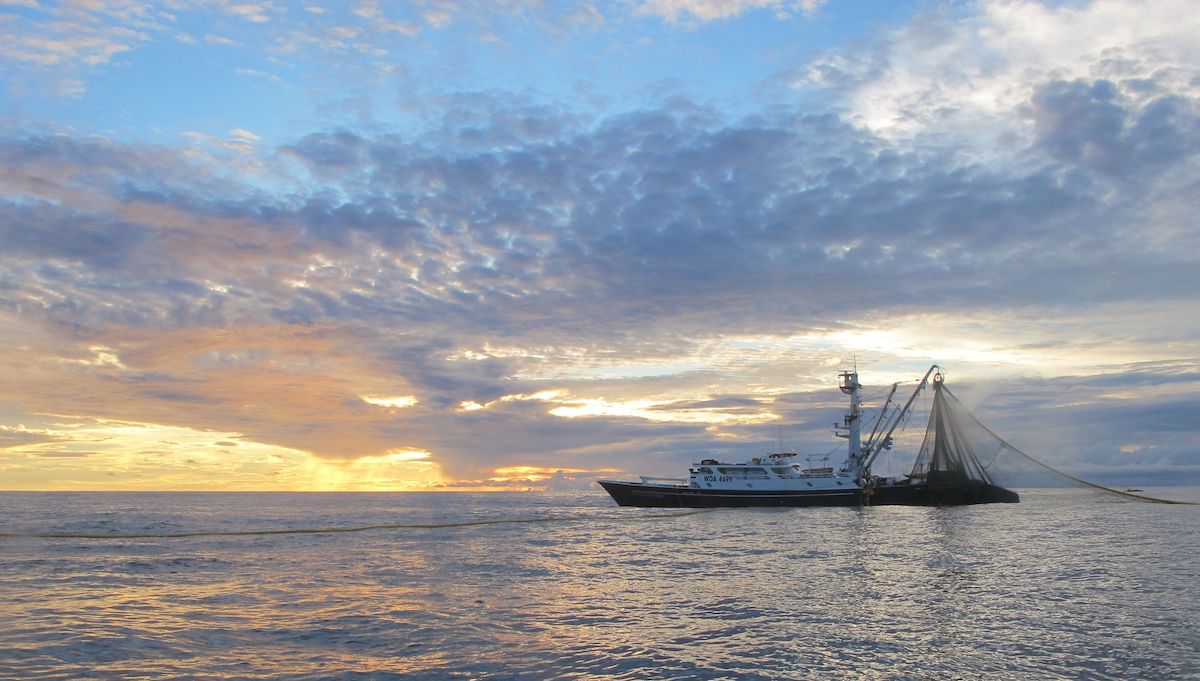NEW WEB FEATURE: At-Sea Transshipment Oversight Is Essential for Sustainability in Tuna Fisheries
Featured Content
Tuna Regional Fisheries Management Organizations (RFMOs) regulate transshipment in their regions. With some exceptions, purse seiners are required to transship in port. Other gears, such as longline, may engage in transshipment at sea under certain regulatory conditions. Tuna RFMOs also mandate observer coverage and require the submission of transshipment data.
But gaps persist — particularly in the regulation of at-sea transshipment, including the types of data collected, the level of monitoring, and data-reporting recipients and timelines. These gaps can increase the likelihood of illegal, unreported, and unregulated (IUU) fishing activities that undermine fisheries management.
ISSF is helping to improve tuna transshipment policies, practices, monitoring, and compliance — through our conservation measures for seafood companies and vessels, best practices research, RFMO benchmarking analysis, and advocacy outreach.
Featured Graphics
ISSF has benchmarked the transshipment measures established by the four tropical-tuna RFMOs — the Inter-American Tropical Tuna Commission (IATTC), International Commission for the Conservation of Atlantic Tunas (ICCAT), Indian Ocean Tuna Commission (IOTC), and Western and Central Pacific Fisheries Commission (WCPFC) — to 10 best-practice recommendations.



